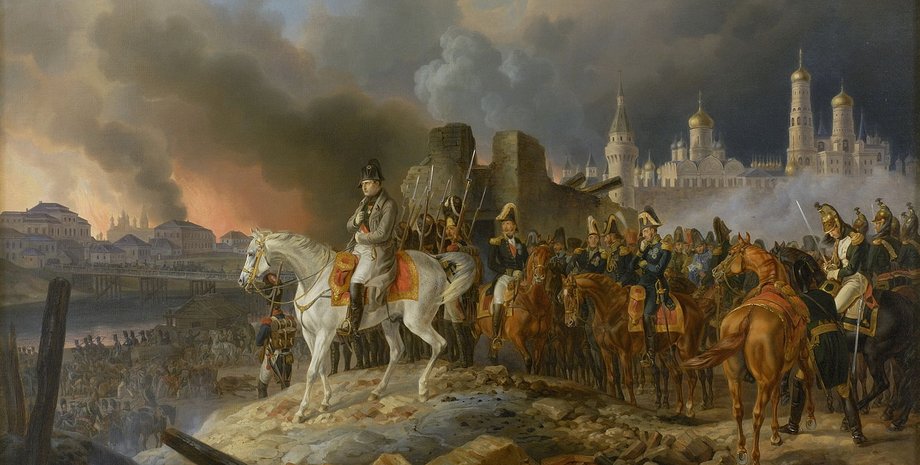
 By Natali Moss
By Natali Moss
The commander hoped that within 20 days the combined army of the French and allies would defeat the army of Emperor Alexander I. Focus decided to recall the French-Russian war and the sequence of events that ended with the defeat of Napoleon. Why Napoleon decided to go to war with Russia Napoleon blocked the continental trade of Britain, but decided not to force the English Channel yet, but to conquer feudal backward Russia.
The goal is not to destroy the Russian Empire, but to punish the tsar for not complying with the continental blockade. The general course of Napoleon's military campaign On June 24-25, Napoleon's army crossed the Nieman River (near modern Kaunas): the French emperor had about 600 thousand people (French and allies, combat units/reserves/train). The Russian army is 100,000 in Vilnius under the command of Barclay de Tolly and 50,000 in Volyn under the command of Bagration.
The Russians retreated to Smolensk itself. Napoleon advanced towards Moscow, while the French were accompanied by skirmishes with small groups of Russian soldiers and partisans. At the same time, problems began - soldiers died of hunger (the peasants had no food), diseases, roadlessness, horses died. Two major battles took place: on September 14, Napoleon entered Moscow, from which almost all the inhabitants fled, survived a fire and expected the surrender of Alexander I.
The journey to the Russian capital took the French 83 days, although according to the plan, the campaign was supposed to last two or three weeks. The second stage of Napoleon's campaign Napoleon stayed in Moscow until October 19, but did not wait for the emperor's representatives to confirm his victory. The French army left the Russian capital and moved back.
On the way back, there were new losses due to the cold (up to -30 degrees), hunger, capture, attacks by partisans and units of the regular army. On December 14, approximately one-sixth of the initial army crossed the border of the Russian Empire. In December, Alexander I announced the victory of Russia, and two years later, in 1814, Napoleon abdicated and went to the island of Elba (then returned, but was finally defeated at Waterloo in 1815).
Researchers have studied the course of Napoleon's campaign in Russia in 1812 and explained that, in their estimation, Napoleon's total mistake was prejudice. Probably, the commander expected that the enemy would immediately enter the battle and he would defeat him, and did not consider the option when there would be no battles and the enemy would constantly retreat.
Decisions and events that led to the destruction of the army and failure: underestimation of the enemy (in 30-60% conditional "Davids" win over "Goliaths"), overestimation of own logistics, not taking into account the climate in Russia, Russian strategy to exhaust the enemy, ignoring symbolic defeat.
"His campaign failed not because he advanced too fast or too far, as is generally believed, but because he did not take proper care of the supplies of his army and the route of retreat, and finally delayed his march from Moscow too long," concluded the Prussian general and military theorist Karl von Clausewitz. How is Napoleon's trial in Russia similar to the modern war? Circumstances that accompanied Napoleon's war in 1812 emerge in different contexts and in the Russian-Ukrainian war.
Among other things, in the first days of the invasion, the soldiers of the Armed Forces showed kilometer-long columns of Russian equipment, which the Defense Forces were hitting. In addition, with the appearance of the HIMARS MLRS, the Ukrainians began to destroy the logistics of the occupiers (in 2025, the Russians began to act in a similar way near Pokrovsk).
At the same time, military actions continue to depend on the weather: for example, after rains and wet snow, heavy armored vehicles are loaded in the fields, but they can drive on a dry or frozen road. Another common feature is the war of attrition, which has been going on for the fourth year in a row, and "ignoring symbolic defeat" (the loss of the conditional Bakhmut does not mean failure). 226 years ago, Napoleon took the first step to turn from a general into an emperor.










All rights reserved IN-Ukraine.info - 2022